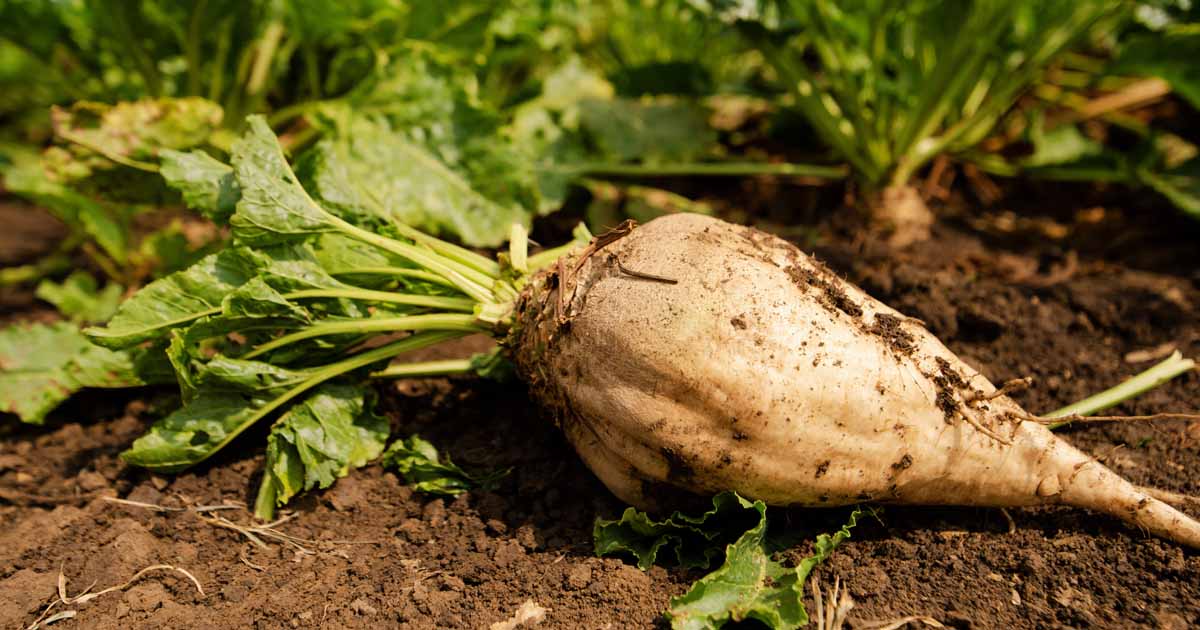For YEARS, I've been warning friends that buying a bag of "pure sugar" didn't necessarily mean it was the same "pure cane sugar" that they grew up cooking with. It could be beet sugar or date sugar or whatever sugar...so long as it was "pure."
Well, last week I noticed a sale sign at Food Lion for bags of sugar: "4 for $1" if you had their loyalty card. I picked up one of the 1-lb bags and looked at the ingredient list which said "PURE WHITE CANE SUGAR" and thought--wow, I wish I'd seen this before baking 1,600 cookies. I bought four bags, ($1.50 each) but $5 was deducted at the end so, truly, I got 4 lbs of "pure white cane sugar" for $1.

Then I got home and read the rest of the packaging. Oh, those sneaky advertising devils. Here's what it says (from sugar.org)
"Of all plant types, sugar beets and sugar cane have the greatest quantities of sugar, which is why they make the most efficient choices from which to extract sugar. The sugar that’s extracted from sugar beet or sugar cane plants is identical to the sugar that’s still found intact when you bite into fruits and vegetables. It is completely pure, and contains no preservatives or additives of any kind. That means the sugar we keep in our pantry, the sugar added to bread to help it rise and the sugar in sweet treats we enjoy in moderation is exactly the same as sugar that’s naturally in peaches, almonds, sweet peas and more."
Based on chemical breakdown, they are calling both harvested beet and sugar products WHITE CANE SUGAR after processing. I always imagined beet sugar coming from the beets they sell at the grocery store and nowhere in my brain was the word CANE associated with it. But I guess I'll have to stop proselytizing and start testing this. Because I'm going back and buying another 4 lbs.
 www.sugar.org
www.sugar.org
Well, last week I noticed a sale sign at Food Lion for bags of sugar: "4 for $1" if you had their loyalty card. I picked up one of the 1-lb bags and looked at the ingredient list which said "PURE WHITE CANE SUGAR" and thought--wow, I wish I'd seen this before baking 1,600 cookies. I bought four bags, ($1.50 each) but $5 was deducted at the end so, truly, I got 4 lbs of "pure white cane sugar" for $1.

Then I got home and read the rest of the packaging. Oh, those sneaky advertising devils. Here's what it says (from sugar.org)
"Of all plant types, sugar beets and sugar cane have the greatest quantities of sugar, which is why they make the most efficient choices from which to extract sugar. The sugar that’s extracted from sugar beet or sugar cane plants is identical to the sugar that’s still found intact when you bite into fruits and vegetables. It is completely pure, and contains no preservatives or additives of any kind. That means the sugar we keep in our pantry, the sugar added to bread to help it rise and the sugar in sweet treats we enjoy in moderation is exactly the same as sugar that’s naturally in peaches, almonds, sweet peas and more."
Based on chemical breakdown, they are calling both harvested beet and sugar products WHITE CANE SUGAR after processing. I always imagined beet sugar coming from the beets they sell at the grocery store and nowhere in my brain was the word CANE associated with it. But I guess I'll have to stop proselytizing and start testing this. Because I'm going back and buying another 4 lbs.
What is Sugar? What is Sucrose? Is Sugar a Carb? | Sugar.org
While it might sound man-made, sucrose is simply the chemical name for sugar, the simple carbohydrate we know and love that is produced naturally.
Last edited:


